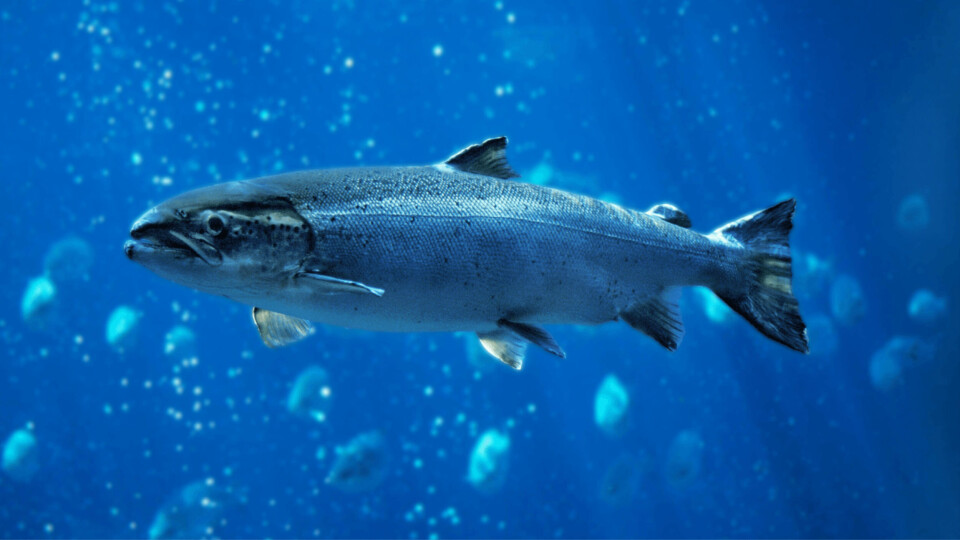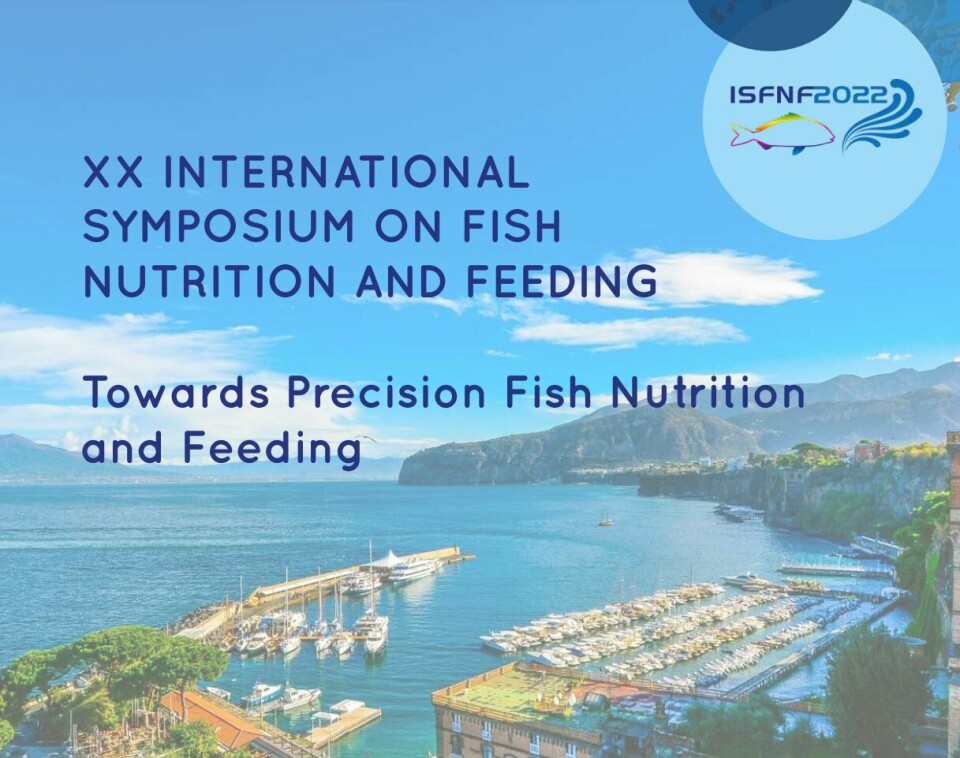
Studies show yeast’s positive effects on fish health
The potential for yeast-based products to improve farmed fish health has been highlighted at the International Symposium on Fish Nutrition and Feeding (ISFNF) that took place in Sorrento, Italy, this week.
Two studies co-authored by yeast specialist Lallemand Animal Nutrition’s scientists illustrate this and were presented during the event.
A study conducted in partnership with Mark Rowling from the University of Plymouth described innovative use of an in vivo vertebrate model, namely the zebra fish, to screen different yeast cell walls (YCW) products for their immune modulation power on the host, Lallemand said in a press release.

Mucosal immune response
The team assessed the effect of YCWs on mucosal immune response. Four different yeast derivatives were evaluated, all from Saccharomyces cerevisiae yeasts. This confirmed the hypothesis that the immune effects of YCW may differ according to their biochemical, bioactive and morpho-functional properties.
The four yeast derivatives elicited contrasted mucosal and innate immune responses at the animal level. According to the researchers, this study opens the way to a greater understanding, and to the targeted application, of YCW in supporting animal health and welfare.
Resilient salmon
The second study presented was conducted in partnership with the Norwegian University of Life Sciences (NMBU) as part of the “Resilient salmon project” led by NMBU.
The goal was to evaluate the potential of a non-Saccharomyces yeast as a candidate for functional salmon feed under a Moritella viscosa challenge. The study is very promising, showing in vitro immune activity of the hydrolysed yeast. This was further validated in vivo following a natural outbreak of Moritella viscosa in vaccinated salmon, where the functional feed increased specific antibodies by 14%.
The team is now further investigating the yeast derivative’s ability to induce trained immunity in fish, with a view to achieve more robust and resilient Atlantic salmon against multi-stressor conditions.
Both studies can potentially help develop the next generation of yeast derivatives for healthy aquaculture said Lallemand, which is headquartered in Montreal, Canada.























































